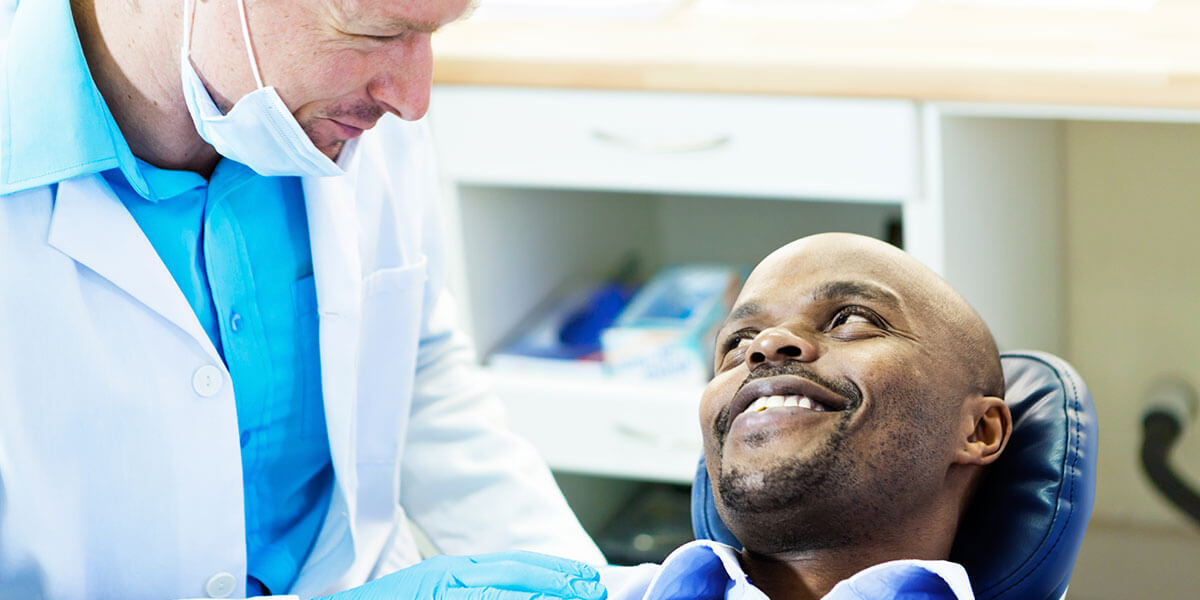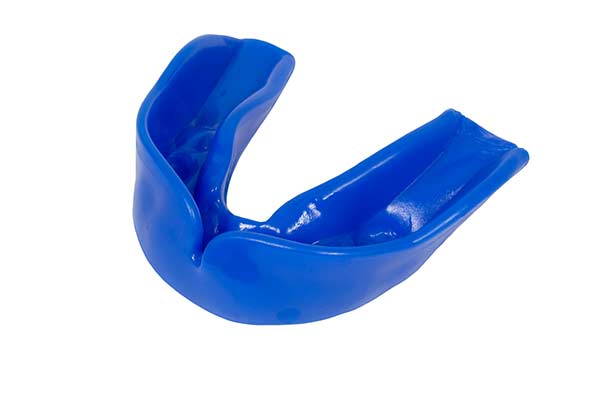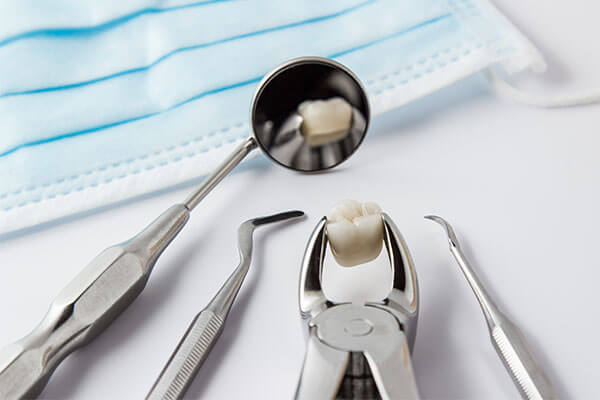General Dentistry

Cleanings and Examinations

At Nagy Family Dental Group, we recommend every member of your family visit us at least every three to six months for a dental hygiene visit including other health screenings. These visits are the base of your dental treatment plan and help keep your teeth bright, prevent tooth decay, and reveal any early dental problems before they become more serious. At each of our examinations, our team will also spend extra time with you to ensure we’re all on the path to helping you maintain optimal oral health.
Digital X-rays
Complementing our cleaning and examination schedule, we use digital radiography machines that are both safer and more comfortable than older, outdated equipment. Our digital diagnostic x-rays can help detect early problems within your teeth, including under the gum line and between your teeth that will not be seen by the trained-eye alone.
Custom Oral Appliances

Mouth Guards
Many sports require athletes to use a mouth guard to protect their teeth while practicing and playing. Frequently used in contact sports, the mouth guard covers the gums and teeth to provide protection for lips, gums, teeth, and arches. A properly fitted mouth guard can reduce the severity of dental injuries.
Mini Comfort Bite Guards (Bruxism)
Our office can create a customized removable acrylic appliance intended to relieve temporomandibular joint pain and other effects of grinding the teeth (bruxism). These devices are typically worn at night to prevent teeth grinding during sleep.
Periodontal Care
Periodontal, or gum, disease can range in severity from inflammation to critical damage that leads to bone damage and tooth loss. Our team will tailor a periodontal treatment plan to your dental health, helping minimize or even prevent further damage, while restoring your smile to its former beauty.
Root Canal Treatment
Root canals are most often necessary when decay has reached the nerve of the tooth or the tooth has become infected. When root canal therapy is performed, infected or inflamed pulp is removed from the tooth chamber. The inside of the tooth is then cleaned and disinfected before being filled and sealed to limit the possibility of future infection. Soon after the root canal is performed, the tooth is restored with a dental crown or filling to protect the tooth and restore normal tooth function.
Extractions

A tooth that can not be saved with restorative procedures may need to be removed. Before removal of the tooth, the area will be numbed with anesthesia. The tooth is loosened from the jawbone and surrounding ligaments and tissues with a gentle rocking motion. Once it is loose, it is gently removed. Stitches may be necessary after the removal of a tooth.
